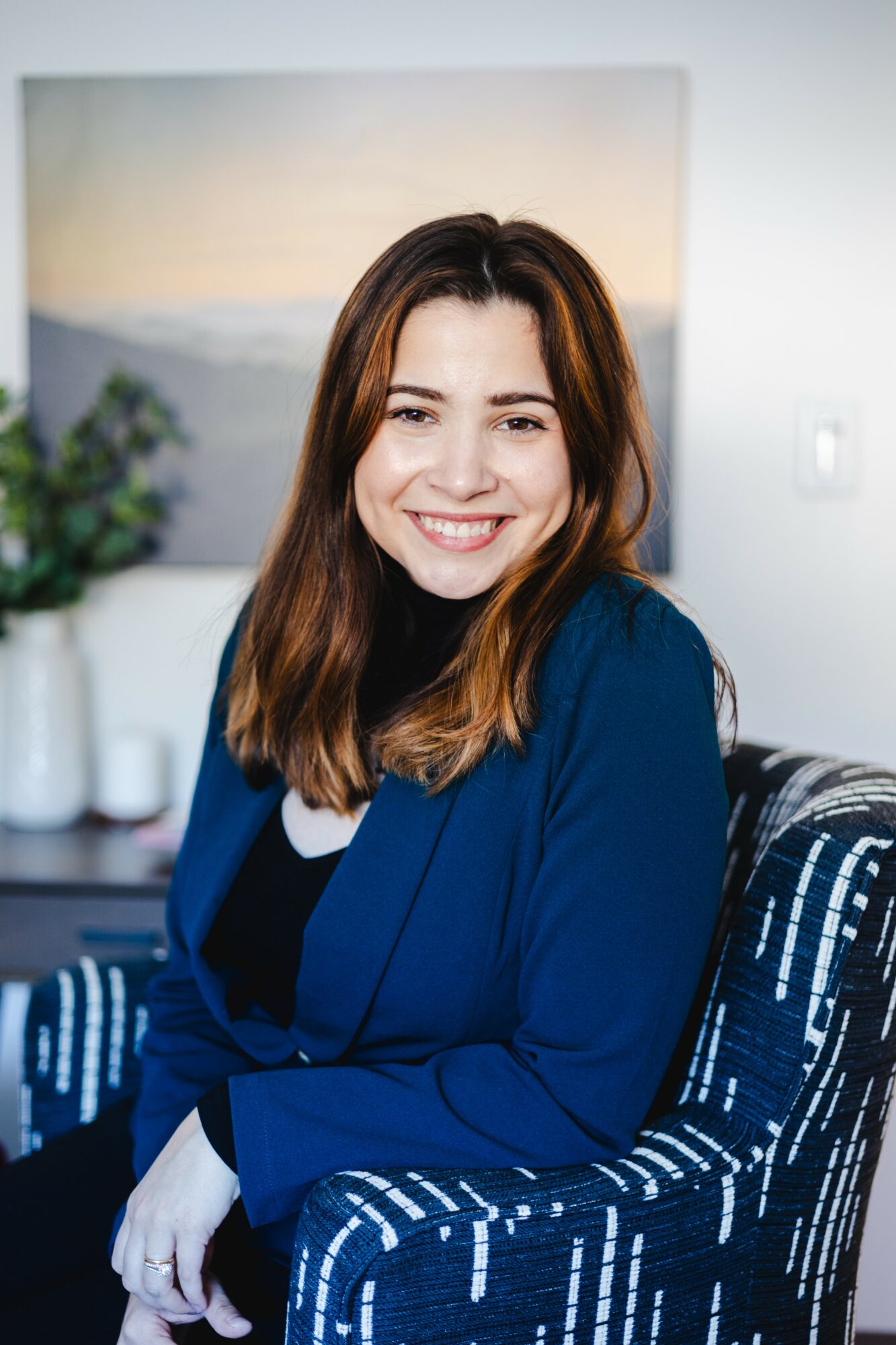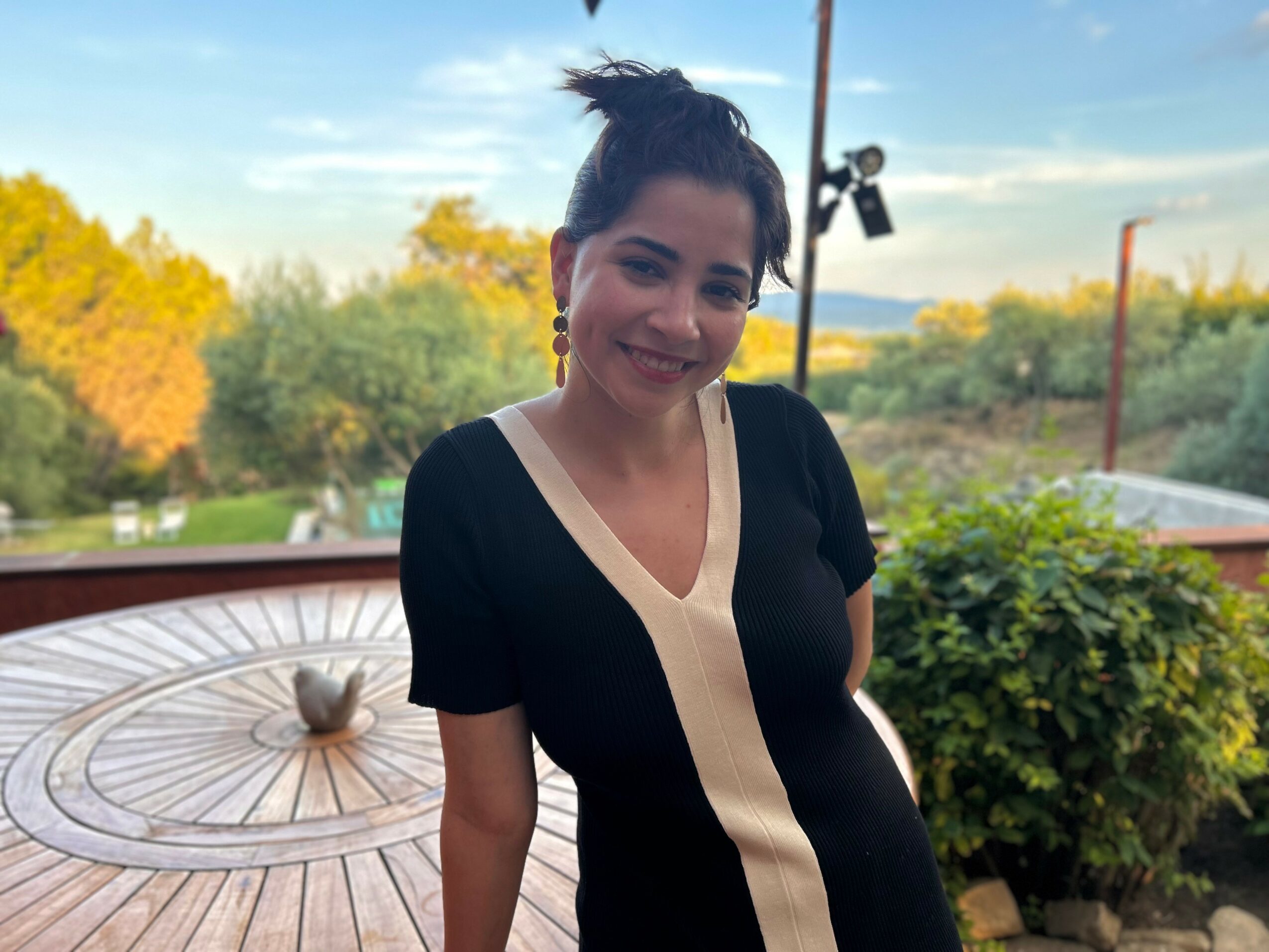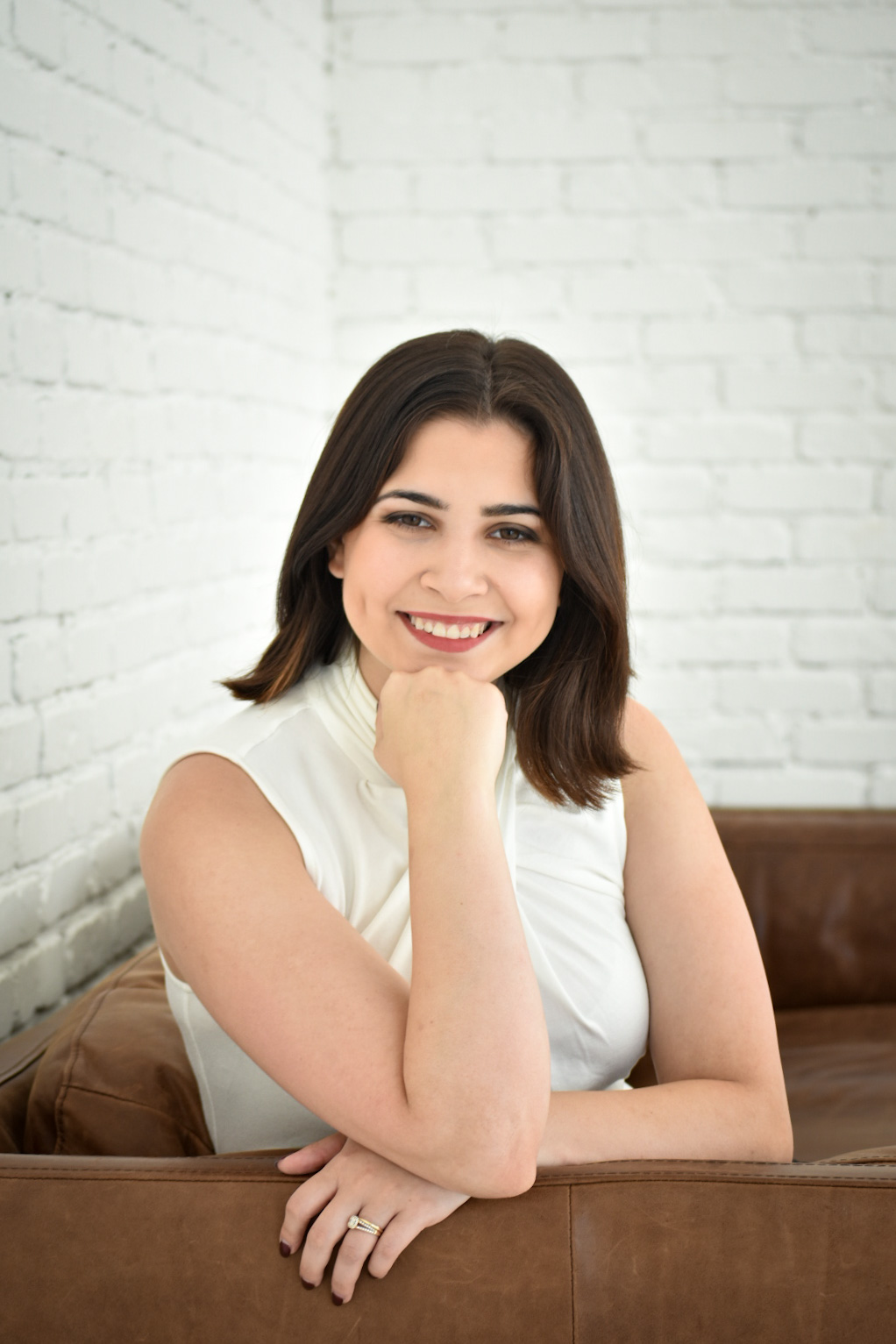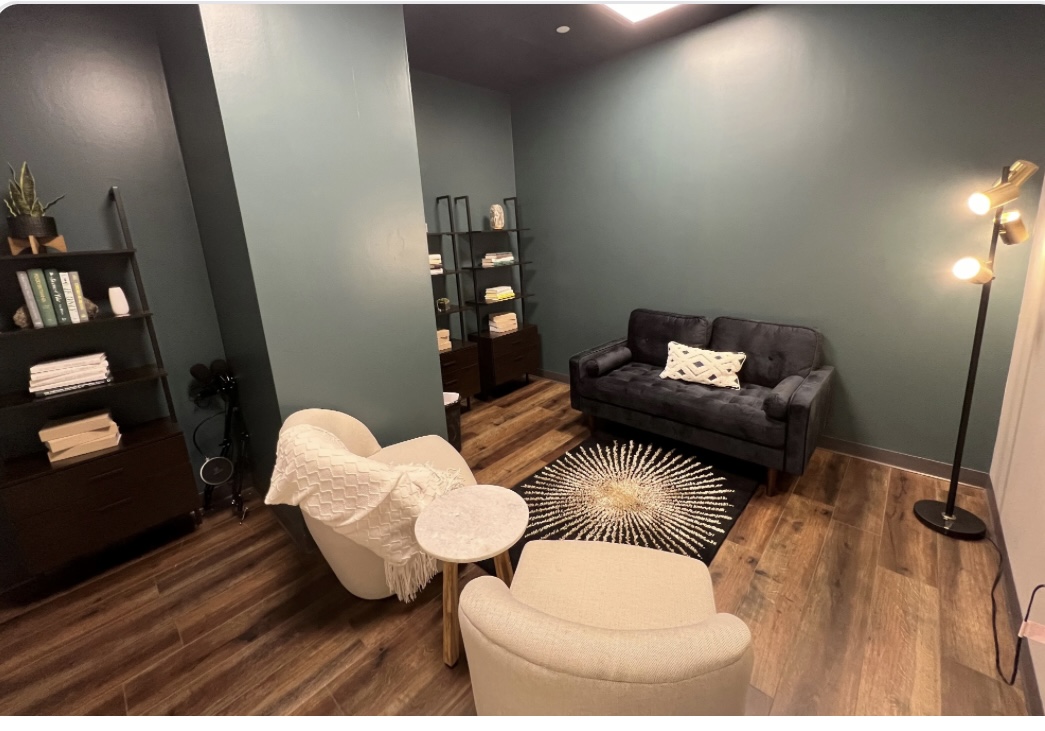

Today we’d like to introduce you to Abigail Scallan.
Hi Abigail, please kick things off for us with an introduction to yourself and your story.
I’m the fourth child in a family of ten, so I think that my desire to figure out why people think, feel, behave, live, and love the way that they do started really early. Psychology as an idea fascinated me as a teenager, but my first love growing up were stories, so I ended up studying English and Communication in college and actually applied for English Literature Masters programs after graduating. The plan was to be an English teacher, which was a natural decision for me, but I also had this nagging feeling that there was something I was missing. I was going through my own counseling at the time to recover from some significant traumas and crippling depression and I would leave every session very aware of two things: that these sessions were saving my life AND that I wanted to help save other people’s. Everything clicked on a random Tuesday when I found myself scrolling through a list of classes in a Counseling grad program’s brochure. I quite literally decided in that moment that I was going to switch my path in grad school and become a counselor. The desire to harness the intuition that people told me I had as a kid, the itch to study human behavior in college that never got scratched, and my own therapist’s repeated encouragements that I could be a great counselor all came together that night and I haven’t looked back since.
We all face challenges, but looking back would you describe it as a relatively smooth road?
Both emotionally and intellectually, becoming a therapist is not for the faint of heart. Grad school involves not only rigorous classes but also unpaid internships with real clients where sessions are recorded for feedback from professors. The journey for me was exhilarating but also challenging as I (like many other students) worked several jobs at once while maintaining a full class load and also planned a Covid wedding the first year of my program. Studying therapy will also inevitably bring you around to your own mental health history, so the process is appropriately weighty both emotionally and spiritually. Transparently, I was in active recovery from both complex PTSD and an eating disorder while in school, so when I look back on that time I’m so compassionate towards that version of myself and also really, really grateful that I took the time to put my own healing at the forefront while studying how to help others with theirs. It was a complex road to walk, but I honestly believe that it has deepened my capacity to hold every story I hear now with curiosity over judgement. My clients will always have a therapist who has a lived understanding of recovery and I’m proud of that.
Alright, so let’s switch gears a bit and talk business. What should we know?
My private practice focuses exclusively on attachment issues born out of relational loss or trauma. The name of my company reflects how profoundly meaningful relationships are in all of our lives, especially the one we have with our own self. Our relationships with others are born out of the one we have with ourself and we are only able to connect with our loved ones to the extent that we are able to cherish ourselves. Being human means we all can get stuck in unhealthy patterns that keep secure love out of reach and that’s where I come back to time and time again as a therapist. Grief and trauma are avenues where people find themselves stuck in patterns of survival and I focus my work there. My clients are individuals or partners who have been neglected in childhood, abandoned by the loss of a connection they thought they could trust, or betrayed by a primary relationship or religious institution. They want to feel at peace within themselves or in their relationships but they aren’t sure how to get there on their own. I have a passion to help get them back on track and also amplify awareness around a kind of trauma that often gets overlooked in our culture: abuse within families, spiritual communities, and educational contexts like homeschooling. I also deeply enjoy working with folks who are struggling with a loss that society doesn’t have words for but is extremely real: grief for the living. When we lose access to family, a church group, or a partner through divorce or breakup our lives still look normal but we feel anything but that. My office is a safe space for those kind of grievers and for people who have been traumatized by relationships that were supposed to hold them but harmed them instead. My mission is to see their relationships with themselves flourish so that they can really, truly feel connected to the important others in their lives.
We all have a different way of looking at and defining success. How do you define success?
My definition of success as a person is when people feel safe with me. My definition of success in my profession is when I can create safety, foster trust, and instill curiosity with my clients in and out of session.
Contact Info:
- Website: https://www.attachmentlabcounseling.com/
- Instagram: https://www.instagram.com/attachment.lab/
- Facebook: https://www.facebook.com/people/Attachment-Lab-Counseling/61582008973396/













